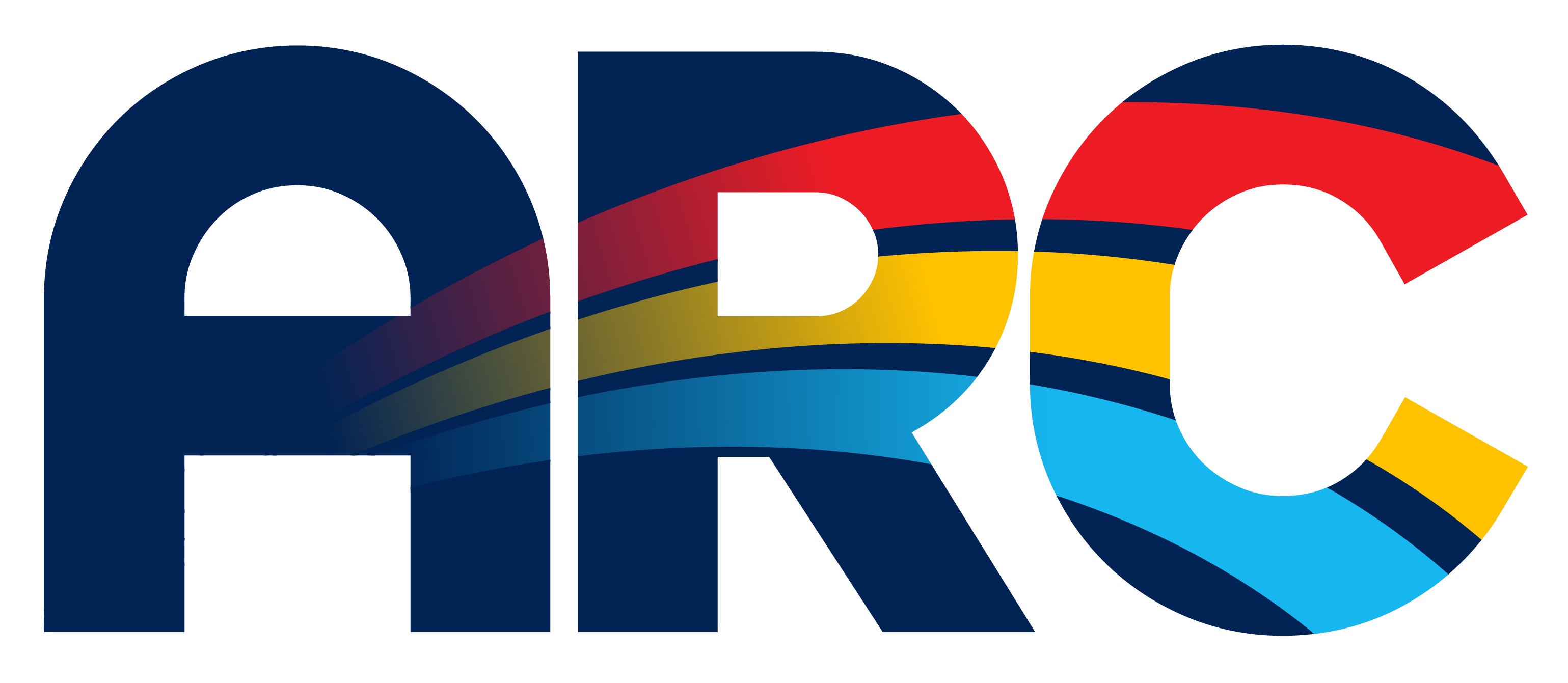Presenter Status
Associate Professor, English & Foreign Languages
Presentation Type
Oral presentation
Session
Anthropology, Communication and Languages
Location
Buller Hall Room 108
Start Date
5-5-2016 12:10 PM
End Date
5-5-2016 12:30 PM
Presentation Abstract
This study, which involved classroom-based experimental research conducted during the Fall semester of 2013 in a Spanish class at Oakwood University, aimed at extending the findings of previous studies on the use of familiar texts in reading and writing (Brown 2007, Vygotsky 1978, Kern 2000, Rollins & Villamil 2001, McCourt 2006, Morris, Beck & Smith 2004, Smith & Carvill 2000, Baring 2008, Bonard 2000, White 2009, Freire 1970. To do so, this study examined empirically the impact of familiar texts on students’ reading and writing outcomes using treatment and control conditions for comparison. This study was also interested in demonstrating whether working with these types of texts within a “community of practice” affected reading and writing outcomes.
This study presented quantitative evidence in relation to the use of familiar texts for pre-, co- (simultaneous), and post-reading and writing activities at beginning college levels. The tests determined that there were statistically significant differences between scores on reading and writing exercises in the treatment and control conditions. The results suggest that students who were in the treatment condition (with familiar texts) outperformed students in the control condition and did so at a level that is statistically significant. Qualitative evidence was also obtained suggesting positive impact for learning within a community of linguistic practice.
Participant surveys revealed that the students felt less anxious and more motivated when their ability to identify with the learning environment was enhanced via the use of familiar texts for pre-, co-, and post-reading and writing activities.
Biographical Sketch
Francisco Burgos-Suárez is the president and founder of O.L.A. (Oakwood Latino Association), an association to help Hispanic students to study at the college, and serve the Spanish students to learn the language outside the classroom, since 2006. A native from Jaén, Spain, Dr. Burgos holds a Ph.D. degree in Linguistics, Methodology & Literature from the University of Alabama, in Tuscaloosa (USA), whose dissertation “The Impact of Texts in Family Contexts Within Communities of Practice for the Acquisition of Vocabulary and Grammatical Structures of Accelerated Beginning Spanish Levels”, obtained a Summa Cum Laude, a Master’s degree in General Education from the Universidad Adventista del Plata, Argentina, and a Master’s in Anglo-Saxon and Hispanic Philology from the Universidad Politécnica de Valencia, Spain. Dr. Burgos has taught Spanish language & Literature at all the secondary and college levels, in Spain and the United States since 1998, and he has been developing Spanish language materials since then, which he has published 5 textbooks so far. He is particularly well known for his work in teaching a foreign language: education in values, community of practice and learner beliefs in the process of the acquisition of a second language. Dr. Burgos has been recognized as a Member of Honor and Award by the prestigious USA National Magazine Who’s Who? in 2010 and 2011, as well as a Member of Honor and Award of the Honor Society Phi Kappa Phi in 2012.
Ifele: A Method to Teach Spanish as a Second Language within Communities of Practice
Buller Hall Room 108
This study, which involved classroom-based experimental research conducted during the Fall semester of 2013 in a Spanish class at Oakwood University, aimed at extending the findings of previous studies on the use of familiar texts in reading and writing (Brown 2007, Vygotsky 1978, Kern 2000, Rollins & Villamil 2001, McCourt 2006, Morris, Beck & Smith 2004, Smith & Carvill 2000, Baring 2008, Bonard 2000, White 2009, Freire 1970. To do so, this study examined empirically the impact of familiar texts on students’ reading and writing outcomes using treatment and control conditions for comparison. This study was also interested in demonstrating whether working with these types of texts within a “community of practice” affected reading and writing outcomes.
This study presented quantitative evidence in relation to the use of familiar texts for pre-, co- (simultaneous), and post-reading and writing activities at beginning college levels. The tests determined that there were statistically significant differences between scores on reading and writing exercises in the treatment and control conditions. The results suggest that students who were in the treatment condition (with familiar texts) outperformed students in the control condition and did so at a level that is statistically significant. Qualitative evidence was also obtained suggesting positive impact for learning within a community of linguistic practice.
Participant surveys revealed that the students felt less anxious and more motivated when their ability to identify with the learning environment was enhanced via the use of familiar texts for pre-, co-, and post-reading and writing activities.




Acknowledgements
For my dissertation: “The Impact of Texts in Familiar Contexts within Communities of Practice for the Acquisition of Vocabulary and Grammatical Structures of Accelerated Beginning Spanish” at the University of Alabama, Tuscaloosa, AL, I had the support from Oakwood University administration, and the English & Foreign Languages Department, to use one of my Spanish classes, SP201, as the experimental and control groups in the study.